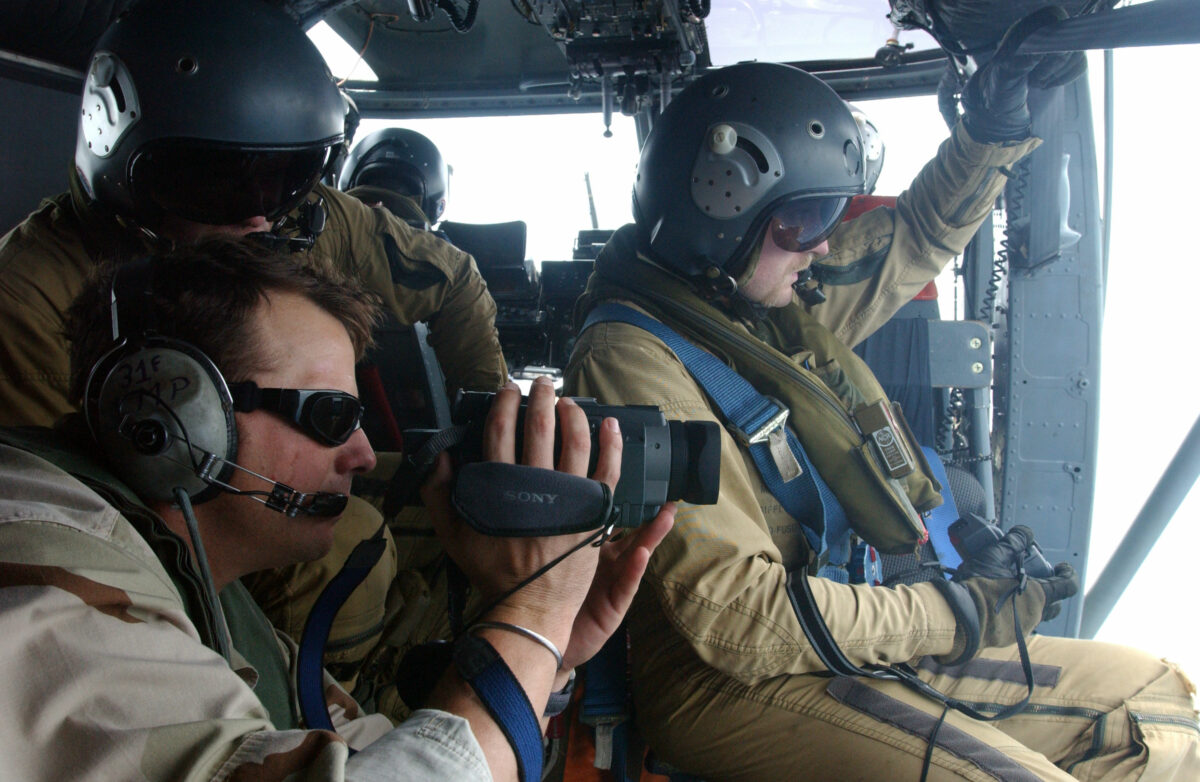
Since the start of the four-day war, news coverage in Armenia has multiplied (on account of war topics). But a quick glance show that distrust of the truthfulness of the news has also increased.
Have we journalists become “little liars” or are consumers now a little sensitive in the matter of skeptically assessing propaganda and anti-propaganda, half-truths, and even silence?
The reasons aren’t important; what’s important is that media outlets don’t lose their credibility. That trust is somehow more necessary for national security than propaganda or anti-propaganda.
On the other hand, propaganda issues have nothing in common with professional journalism, and those who are called to this do their job.
In the case of journalism, apart from the duty to report verified, quick, and unbiased news, also becoming mandatory in a war situation is the principle to be cautious: do not harm. But this doesn’t mean putting aside the everyday principles of journalism and to get to a place where public distrust of the news begins.
In war conditions, the “do not harm” blade pointed inwards solely means don’t cause a panic mood or undue mental anguish, while pointed outward it means don’t make available to the opponent secrets that might cost human lives or threaten the security of the country, the army, or any member of the public.
Professional journalists master the nuances of the first very well: there’s no need to reinvent the wheel here. But in the matter of the second, there’s no clarity (see Anna Israyelyan’s piece here).
We reached the most important thing, the answer to which scrupulous journalists, editors, and experts have been searching for more than a month: what are those secrets, after all? Their scope prescribed by law are not specifically for journalists, and numerous practical questions arise in every day and every hour of work for which journalists don’t have clear answers.
But all this falls under one issue: can some news of a military action, some part of a photograph, some scene from a video… can they cause harm?
And who is the expert who will help the journalism community in this knowledge? This expert, perhaps, is the knowledgable intelligence agent or counterintelligence agent. That is, we need general intelligence knowledge in terms of “do not harm” — the rest we will decide on the spot.
Many will remember that there were military departments and a compulsory course called Military Training in Soviet universities. Boys who hadn’t served in the army would receive certain military knowledge, and the girls, “wartime” nursing. A student at Moscow State University’s Faculty of Journalism, however, had one alternative: instead of all that, they could enroll in a Military Translation course.
What that actually was, I never ultimately knew. Only one thing was needed, it was said, to be included in that group: to successfully pass a test in English, German, or French. My English wasn’t bad, so I applied and took the test, but I was cut off. When we were talking in class about who passed and who didn’t, we were surprised that those who knew foreign languages poorly had also passed, and some who knew foreign languages well were graded unsatisfactory.
One of my classmates explained it like this: “Didn’t you notice that the Russians passed and the rest of us were cut off? We’re an untrustworthy component in this job because they’re training not military translators but intelligence agent journalists here.”
Was this conviction of my classmate’s correct or not? In any case, I’m absolutely not suggesting we follow the Communist style and train intelligence agents in journalism faculties. But to give general intelligence knowledge to students in those faculties who are prone to covering war subjects, I think, would be helpful (and for us non-student journalists: to organize a seminar or compile a corresponding manual).
In addition, practical knowledge on emergency first aid would also be helpful. And not only for women, but also for all current and future journalists.
Ruzanna Khachatrian
The views expressed in the column are those of the author's and do not necessarily reflect the views of Media.am.

Add new comment
Comments by Media.am readers become public after moderation. We urge our readers not to leave anonymous comments. It’s always nice to know with whom one is speaking.
We do not publish comments that contain profanities, non-normative lexicon, personal attacks or threats. We do not publish comments that spread hate.